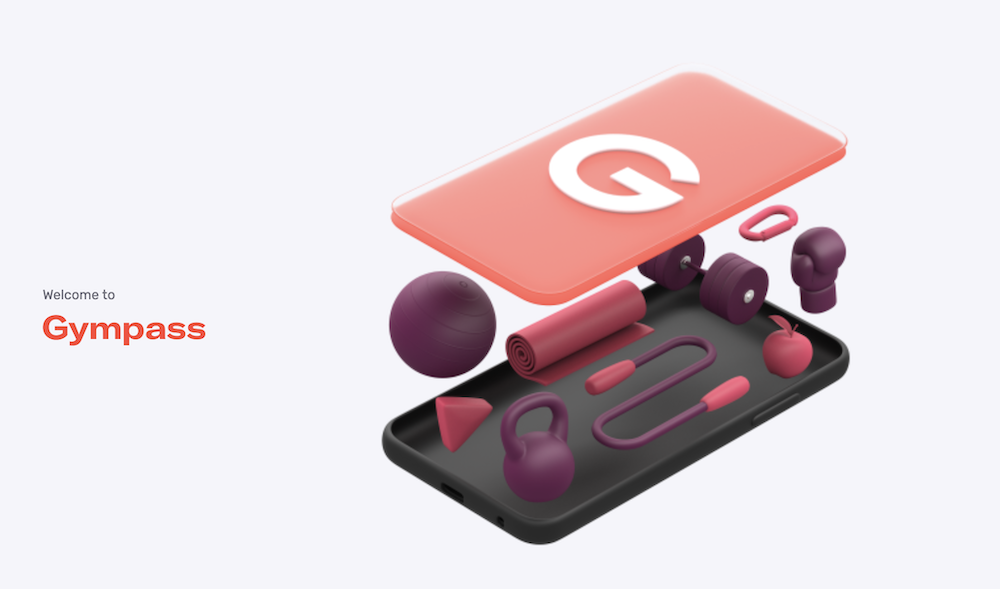Gympass Worth $2.2 Billion Now

Investment in Gympass, once a tech “unicorn,” stalled during the pandemic but now financiers think people are returning to the gym for good.
“Corporate wellbeing platform” Gympass has raised another $220 million in private investor money, doubling its worth to $2.2 billion in a sign that investors think that people have returned to fitness spaces for good, as infection rates and economic effects of the COVID-19 pandemic recede in many countries.
Though it has added mental health and nutrition apps in its quest to become an all-in-one wellness resource, Gympass’ main draw has been access to a variety of gyms and fitness studios, for a flat fee or as part of an employee benefits package. Corporations are increasingly offering such programs to their workers, encouraging healthy living and therefore prevent employee burnout and containing insurance costs. McDonalds, Unilever and Santander are among Gympass’ 2,000 clients.
The new round of investment in the nine-year-old, Brazilian-based company, led by SoftBank, is its first since the onset of the pandemic. Other investors increasing Gympass’ worth included General Atlantic, Moore Strategic Ventures, Kaszek and Valor Capital Group.
In June of 2019, investors, again led by SoftBank, poured $300 million into the coffers of the company, leading some to designate it a “unicorn” tech company.
Cesar Carvalho, company CEO and co-founder, said that he founded Gympass over his frustration in not being able to work out while travelining. But over the course of its history, it has increasingly emphasized its offering as a benefits package and branded itself as a “corporate wellness platform,” differentiating it from the American ClassPass.
The new swell of cash shows that some investors are confident people are returning to the physical fitness spaces that are the main offering to Gympass users, many of which shuttered and then were approached warily during the pandemic. Gympass claims in a press release that users utilized the program to make four million in-person visits in May, a company record.
Carvalho said that Gympass will use funds to further invest in the U.S. market and for product development, including the development of AI to guide clients in meditation, physical workouts and nutrition plans.
Nick Keppler is a freelance journalist, writer and editor. He enjoys writing the difficult stories, the ones that make him pore over studies, talk about subjects that make people uncomfortable, and explain concepts that have taken years to develop. Nick has written extensively about psychology, healthcare, and public policy for national publications and for those locally- based in Pittsburgh. In addition to Athletech News, Nick has written for The Washington Post, The Daily Beast, Vice, Slate, Reuters, CityLab, Men’s Health, The Gizmodo Media Group, The Financial Times, Mental Floss, The Village Voice and AlterNet. His journalistic heroes include Jon Ronson, Jon Krakauer and Norah Vincent.



